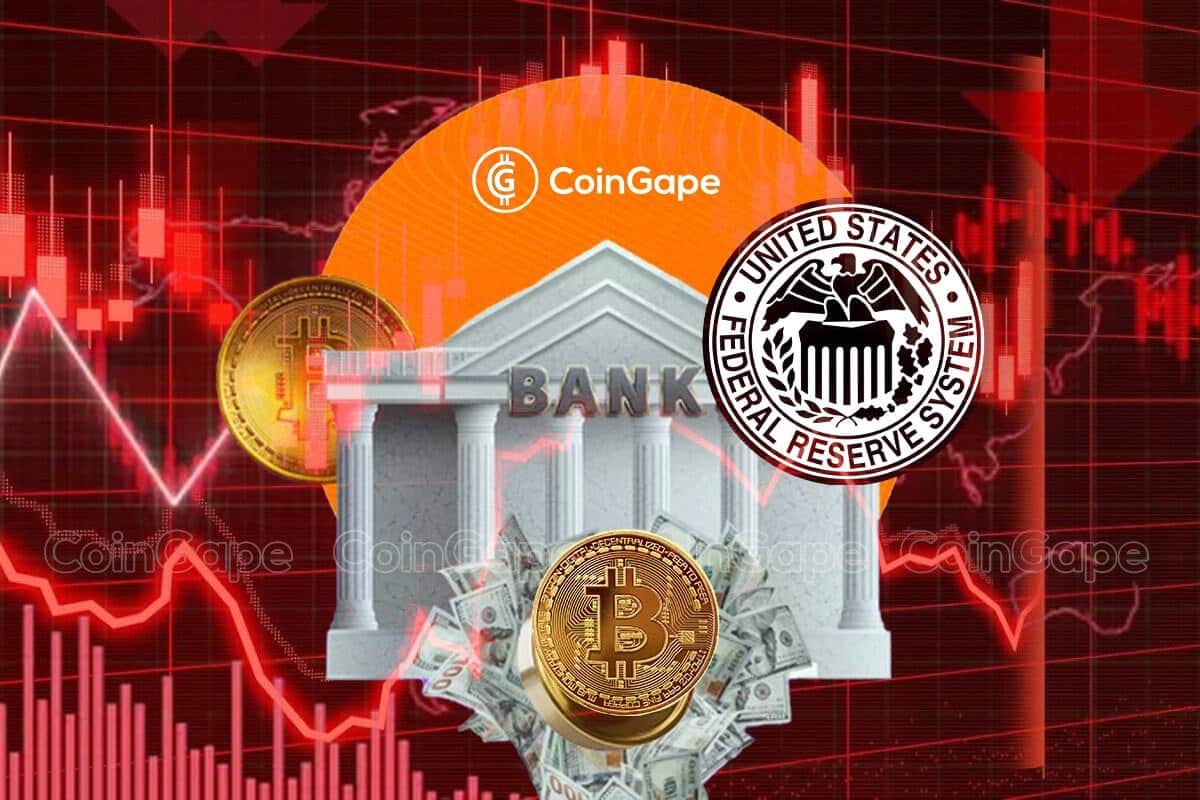Regulation
Fed Governor Says Rate Cuts Unlikely This Year, Crypto Crash To Worsen?

Federal Reserve Governor Michelle W. Bowman declared that it is premature to consider cutting interest rates in 2024. This announcement comes at a time of heightened sensitivity in both traditional and crypto markets. Moreover, the situation has intensified as key economic data releases are anticipated later this week.
Federal Reserve Governor Ditches Rate Cut Speculations
In a recent statement, Governor Bowman underscored that while there has been modest progress in controlling U.S. inflation, it remains elevated and subject to various upside risks. This perspective aligns with the Federal Reserve’s cautious approach to monetary policy amidst an uncertain economic landscape. Moreover, Bowman highlighted the necessity for the Federal Reserve to maintain its independence and remain apolitical in its decision-making processes.
The remarks come ahead of the second revision of the U.S. GDP data for the first quarter, which will be released on Thursday, June 27. Additionally, critical data on Personal Income, Personal Spending, and the U.S. PCE inflation are scheduled for release on Friday. The PCE and Core PCE inflation data, in particular, will be closely scrutinized by market participants.
The Federal Reserve Governor stated, “However, with average core CPI inflation this year through May running at an annualized rate of 3.8 percent, notably above average inflation in the second half of last year, I expect inflation to remain elevated for some time.” Moreover, he hinted at diverging from global monetary policy trends, including the U.K. policies.
Bowman added, “In contrast to the past two years, it is possible over the coming months that the path of monetary policy in the U.S. will diverge from that of other advanced economies, including the U.K., as the underlying economic developments and outlooks across jurisdictions exhibit greater heterogeneity.” This suggests that even if Bank of England (BoE) considers a rate cut, the U.S. is unlikely to mirror the approach.
Bearish Trend In Crypto Market
The Federal Reserve’s monetary policy plays a crucial role in shaping market conditions, and this extends to the crypto market. Higher interest rates generally lead to a stronger U.S. dollar, which can exert downward pressure on asset prices, including cryptocurrencies. Conversely, lower rates typically support asset price inflation as investors seek higher returns in riskier markets.
Bowman’s indication that rate cuts are unlikely until 2025 implies that the cost of borrowing will remain relatively high, potentially stifling investment flows into the crypto market. This scenario can expedite the June crypto crash, as investors may prefer safer, yield-bearing assets over volatile cryptocurrencies.
The crypto market has been experiencing significant volatility. Bitcoin (BTC), the leading crypto, recently witnessed a crash below $59,000 amid substantial sell-offs. Contributing factors include the latest offloading of 400 BTC by the German government. In addition, the anticipated repayment of $9 billion worth of Bitcoin from Mt. Gox further dampened market sentiment.
Bitcoin’s Relative Strength Index (RSI) recently touched 28, a level that typically signals an oversold condition and potential for a rebound. Despite this, the lack of anticipated rate cuts has fueled fears of prolonged market turbulence. As traditional financial conditions tighten, the appetite for riskier assets such as cryptocurrencies often diminishes.
However, altcoins like Ethereum (ETH), Solana (SOL, and Dogecoin (DOGE) showed resilience despite Bitcoin’s decline. Nonetheless, the fears of a crypto crash loom as the Federal Reserve maintains a hawkish stance on rate cuts. 10x Research, a crypto analytics firm, highlighted that despite the cool CPI data, Bitcoin failed to breakout due to the Fed’s rigid stance.
The presented content may include the personal opinion of the author and is subject to market condition. Do your market research before investing in cryptocurrencies. The author or the publication does not hold any responsibility for your personal financial loss.













✓ Share: